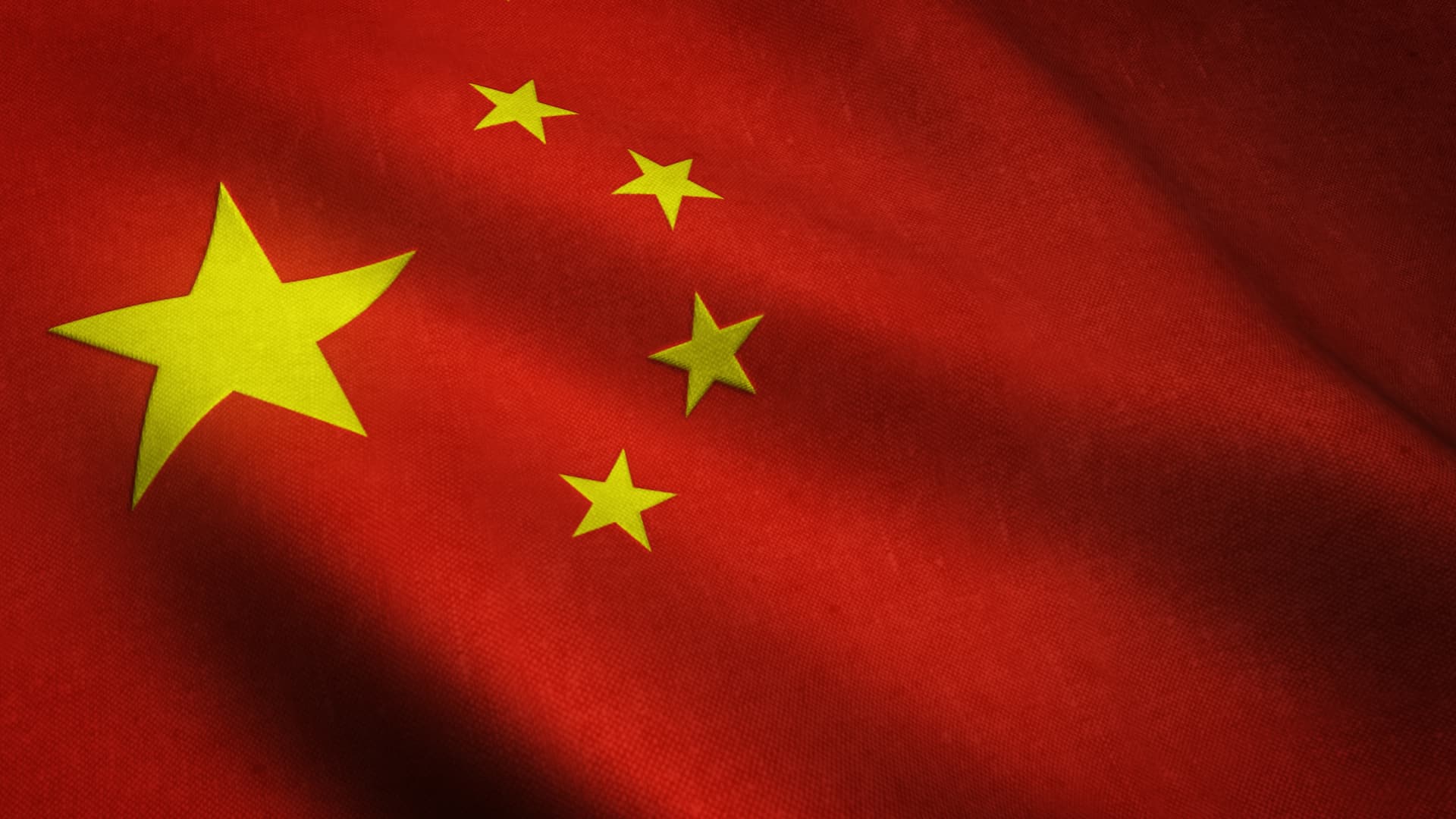China has introduced its first national standards for humanoid robots and embodied AI, marking a key step in regulating the growing industry. The framework covers the full industrial lifecycle, from design to deployment, ensuring safe, ethical, and high-quality development.
The standard system, released at the Humanoid Robots and Embodied Intelligence Standardisation (HEIS) meeting in Beijing, includes six components: commonality, brain-like and intelligent computing, limbs and components, complete machines and systems, applications, and safety and ethics.
It was developed collaboratively by over 120 research institutions, enterprises, and industry users under the Ministry of Industry and Information Technology.
Brain-like computing standards manage data, model training, and deployment, while application standards oversee development, operation, and maintenance. Safety and ethics protocols cover the entire industrial lifecycle, providing assurance of compliance as the sector evolves.
Following rapid growth in 2025, with over 140 domestic manufacturers producing more than 330 models, the new standards aim to guide China’s humanoid robot industry toward sustainable and regulated development.
Would you like to learn more about AI, tech and digital diplomacy? If so, ask our Diplo chatbot!









